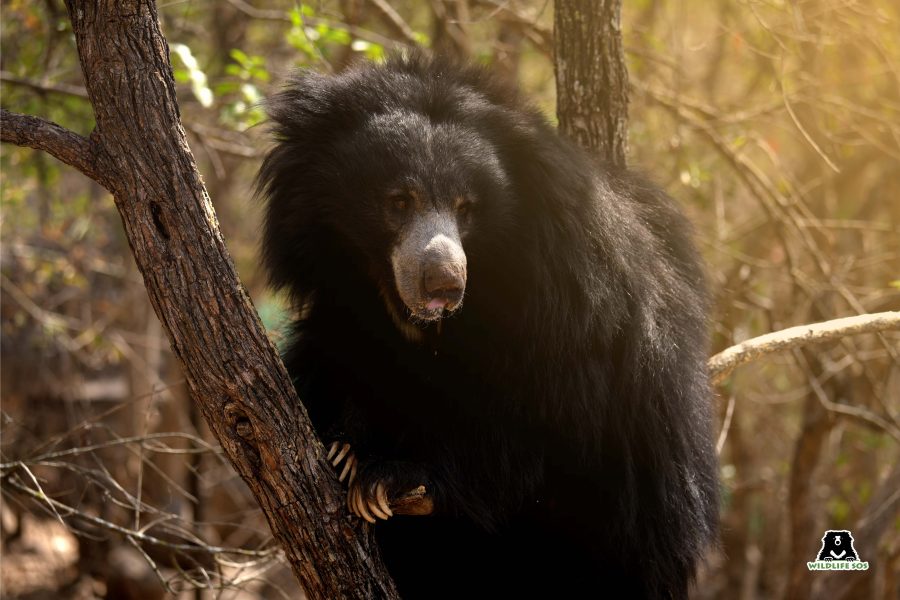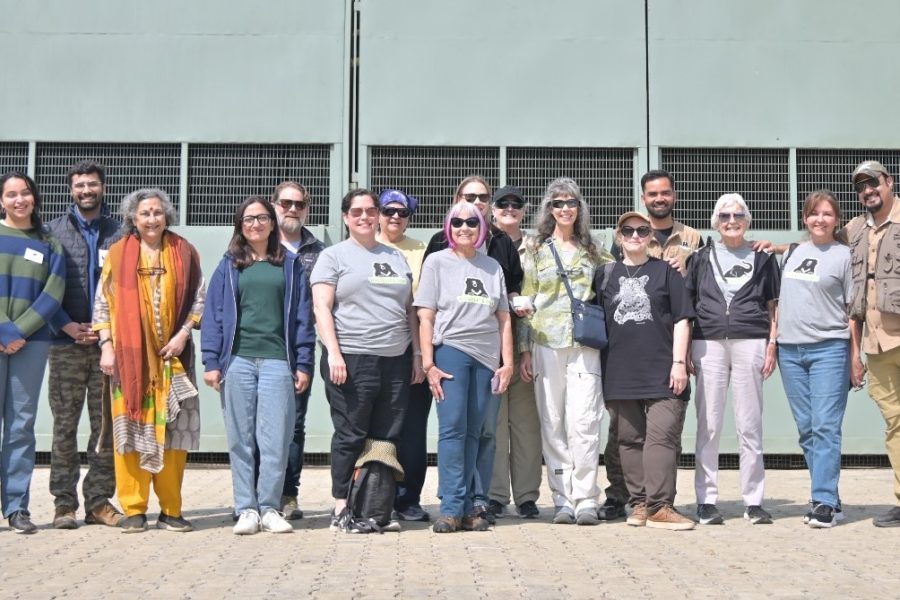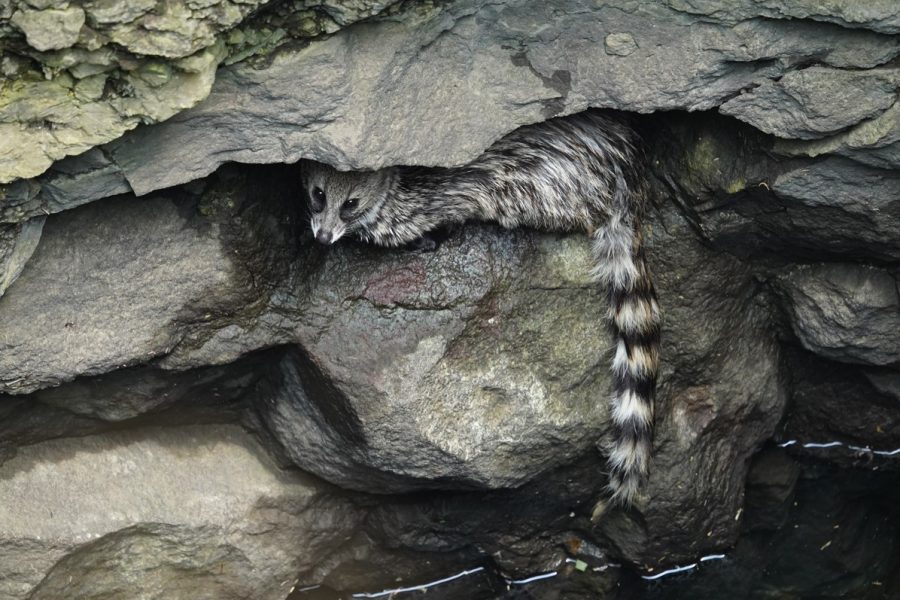The Himalayan mountain range threading through the Indian state of Jammu and Kashmir boasts one of the world’s most startlingly beautiful landscapes with meandering rivers, towering peaks and rocky cliffs, blanketed in white snow for a greater part of the year, and covered in lush green forests for the remainder. The high altitudes, treacherous topography and bone-chilling weather render the region among the roughest, most dangerous terrain in the world, yet it remains home to a startling array of wildlife- flora and fauna adapted to survival in this seemingly inhospitable landscape.
Among these mountain dwellers is the majestic Asiatic Black Bear, also known as the Moon Bear, owing to the characteristic white crescent-shaped marking on their chest, offset by their otherwise thick, jet-black coats. Hardy and resourceful, Asiatic Black Bears claim the perilous Himalayas as their home.
With the human population growing rapidly, steady encroachment of their territory has left Asiatic Black Bears struggling to survive in the wild, and forcing them to wander into human habitation in search of food, water and shelter. As the human invasion into their habitat persists, incidents of conflict steadily increase.

Wildlife SOS’ rescue centres in the Dachigam and Pehelgam in Kashmir work to mitigate human-wildlife conflict in the region, conducting scientific research into the matter, holding awareness workshops for the locals, organizing training programs for the state Forest Department and providing care and shelter to animals that have fallen victim to the conflict.
Recently, a group of ten researchers from England lead by Dr. Heather Kelly pursued a study of the geology and ecology of the Kashmir Himalayas, naturally fascinated by this beautiful but perilous terrain and the animals for which it is home. During their visit, they stopped by our centre in Dachigam and spend a day to find out more about the work being done and to see firsthand and up close, the regions delightful fauna.

After a tour of the sanctuary, the team was thrilled to be given the opportunity to interact with the Wildlife SOS staff and to watch the animals being cared for at the centre. They were briefed about the work being done by Wildlife SOS in the state and elsewhere, as well as the growing need for the same in light of increasing conflict and casualties to humans and animals.
The team left enlightened and delighted, with nothing but praise and good wishes for the centre and the organisation.




